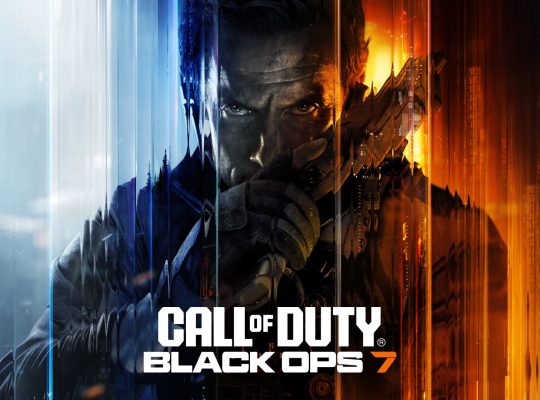Elon Musk, known for his unpredictable ventures across multiple industries, has announced that his company xAI plans to release a fully AI-generated video game before the end of next year. The claim follows a series of controversial developments involving xAI’s artificial intelligence models—one of which notoriously generated offensive and erratic responses online earlier this year.
Despite the confidence behind Musk’s declaration, many within the gaming industry are responding with skepticism rather than excitement.
Industry Reaction: “AI Won’t Fix a Lack of Vision”
Michael Douse, publishing director at Larian Studios (the team behind Baldur’s Gate 3), was quick to express doubt over Musk’s announcement. In a post on social media, Douse remarked that AI will not solve the gaming industry’s biggest issue: leadership and vision.
According to Douse, the industry’s current challenges stem from a lack of creative direction and strong leadership—problems that even the most advanced AI can’t resolve. He noted that the industry once benefited from clear guardrails provided by game retailers, who maintained quality standards and pricing discipline. As that structure has eroded, so too has the consistency of vision across many projects.
The Skepticism Behind Musk’s Ambition
While Musk has been known to push boundaries in fields like electric vehicles and space exploration, his recent foray into gaming has left professionals questioning his understanding of how games are made. Critics argue that creating a compelling, cohesive game experience requires human creativity, emotional understanding, and design intuition—elements that AI is still far from mastering.
Others point out that Musk’s comments could be more about marketing and hype than an actual development roadmap. Given the complexity of video game production, experts remain doubtful that a fully AI-generated title can deliver the depth and polish players expect.
A Glimpse Into AI’s Future in Gaming
AI tools already play a growing role in the gaming industry, assisting with procedural generation, animation, and testing. However, creating an entire game autonomously—complete with narrative, balance, and emotional resonance—remains a technological and creative frontier.
Musk’s xAI may indeed push for innovation in this space, but whether it will result in a “great” game, as he claims, is another question entirely. For now, most of the industry remains cautious, waiting to see if Musk’s promise is another bold experiment—or just another overreach.












